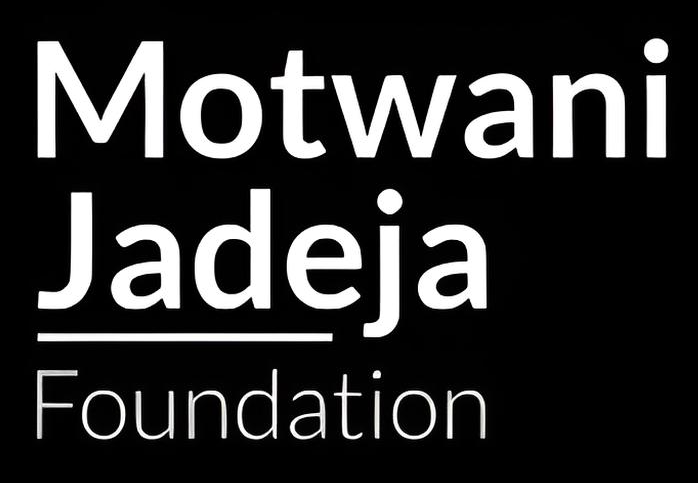How a Lack of Negotiation Leads to Maltreatment
The conviction of only two of the assailants upon Malala Yousafzai shows the deep level of corruption within Pakistan, as well as the disproportionate level of abuse towards women. The secret military court freed eight of the ten attackers, while the prosecuting attorney also lied to every news organization about the convictions. The shooter was not among those who were freed.
Women in Pakistan have had a complex history. The achievements and ability of women throughout the political, social, and educational processes have often differed among specific regions and socioeconomic statuses. The regional stability of Pakistan itself does not have a positive history, as it is filled with military coups, the lack of definitive borders with Afghanistan, and government corruption. What worsens this image is the break-up of an already small territory into four different governments vying for power and a state division dictated by the vision of what the people of Pakistan see as the future for their country. While there have been steps towards the empowerment of women, they have unfortunately been proven ineffective due to the complexities of the issues that Pakistan faces. While this seems to be an image of a doomed nation-state, it is worth mentioning that many of the people of Pakistan who leave the country often work hard and thrive in first world countries.
Unfortunately, it is unlikely that Pakistan will ever fully improve. In the 1970s, women had better rights until the military coup seized their democratic government. The divisions within Pakistan have only worsened because of U.S. drone bombings, increased terrorist activity, and revolts against the current government. Much like the Israel-Palestine conflict, the partition by Great Britain created extenuating problems for the Western world and radicalized various groups into infighting. The U.S. and Pakistani governments aren’t blameless either, for the funding and training of Islamic extremists by the CIA in Afghanistan used to fight against the Soviets and the subsequent backing of these extremist groups by Pakistan has caused a seedbed of Islamic extremist training camps, operations for terrorist attacks upon the U.S. such as 9/11, and another chapter of hatred towards Western aggression upon their sovereignty. It is also important to note that the creation of religious extremists will always have negative consequences for women; this has been the sad historical truth of humanity.
Many in Pakistan still favor the religiously extreme or terrorist ideology of the Western world, and drone bombings have only served to fuel the terrorist agenda by dividing the country even further. Women’s issues, therefore, may seem rather bleak in the face of these voluminous problems within Pakistan. Forming their own nation-state separate from India has not produced a positive or healthy outcome for the people of Pakistan, as some are so embarrassed by their home country that they change their origins to India because of the negative connotations that Pakistan evokes in the West. Events such as Malala’s shooting only serve to fuel denial, conspiracy theories, and anti-secular viewpoints.
While there are many women who seek better opportunities and many wealthy Pakistani women who try to better the impoverished position of others, the divisions continue to debilitate Pakistan’s attempts towards progressive social reform. In addition, their nuclear capabilities and geopolitical area serve to create more problems within its borders. While India attempts to catch up to China’s economic might, Pakistan remains a fractured and volatile area that can hardly defend itself from foreign influences and therefore continues to weaken its own political and economic potential by being one of the worst places for women to live in. The attack on Malala only serves to highlight the endemic problems within Pakistan and how lower class women are treated very poorly within the country. The northern side of Pakistan, in particular, has more extreme religious laws against women and requires that they wear a veil. Poor quality education, a lack of infrastructure, and war has damaged the attempts toward social progress within the country.

Despite all the calls for peace, there cannot be an affective peace without an affective government in Pakistan and that is surely lacking. While Malala Yousafzai serves as an example of religious extremism at its worst, Nabila Rehman serves as an example of U.S. foreign policy and government regulations at its worst. Political negotiations and power struggles seem to trump women’s rights in Pakistan on virtually all levels.


































